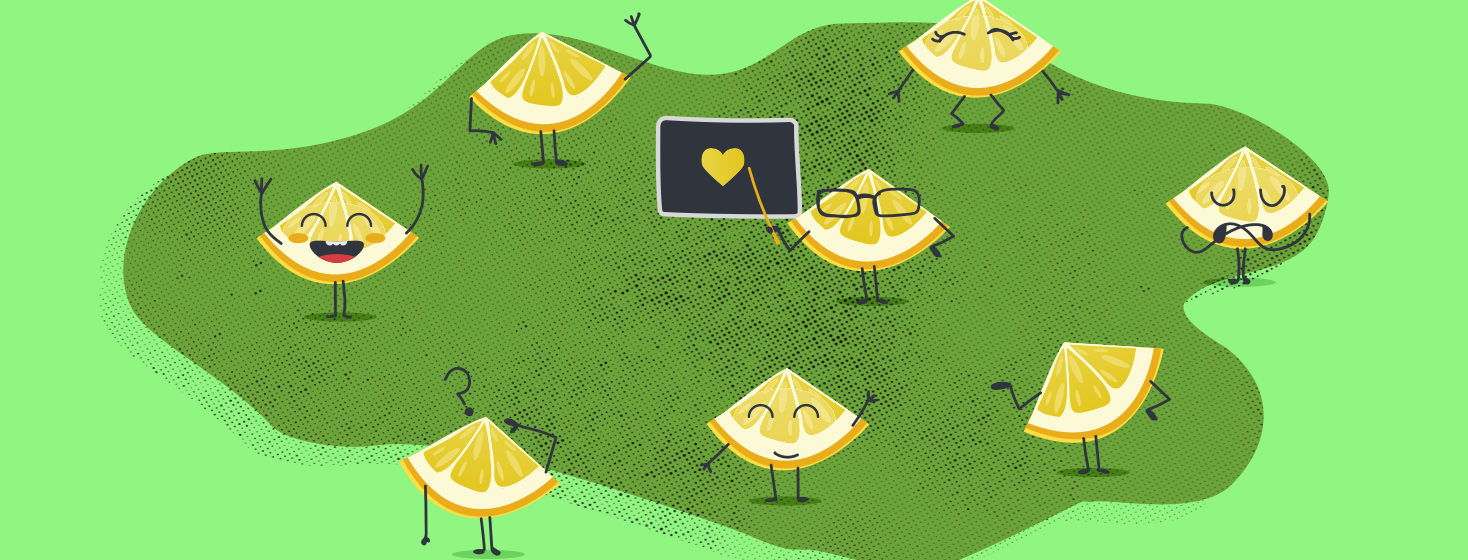Similar Experiences, Different Perspectives
On February 10, 2020 I had the privilege of sharing my journey living with a visual impairment with a group of incredible individuals at the Center for Blind and Visually Impaired (CBI) in Chester, PA. This experience was empowering, enlightening, and emotional.
Living with a visual impairment
I started my presentation discussing my background, what I currently do, and unpacking the spectrum of feelings I have as a result of my visual impairment. At the end of the presentation I asked for the members of the group to share their name, diagnosis, and a piece of valuable information. As a result, half of the room shared what they did for a living prior to their complete vision loss, while several others shared wisdom about their experience living blind. However, a few posed questions and/or comments that I have reflected a great deal on.
Do we need a cane to show we're visually impaired?
At one point, I was asked the question: “How are people supposed to know that you are visually impaired if you do not use a cane?” I responded by explaining I don’t use a cane because I don’t need a cane at this point in my life. It was interesting to hear the different reactions to my reason. Some people believed that anyone with a diagnosis should use a cane; other people agreed with my reasoning of not using a cane until I need one.
An invisible disability
In previous articles I have shared my sentiments about living with an invisible disability. I'll use the comparison of people with diabetes — people with diabetes do not walk around with their insulin visible for everyone to see, nor do people with Lupus walk around with a badge that states they have Lupus.
Who should know about my visual impairment?
My experiences with invisible disabilities has been that people share on a need-to-know basis. Put simply: If you are not going to be impacted than you do not need to be privy to that information.
Lucky to have only central vision loss?
A comment that surprised me was when a participant said that I was “lucky” because I still have some vision. This was the first time in my life being in a room full of individuals who were all blind and/or visually impaired. To be honest, I was taken aback by that comment. I typically do not view my diagnosis as a privilege nor a deficit, rather a major part of my identity that impacts the way I live my life. This presentation was cathartic, and because I self-reflected I was left with the following thoughts...
We all live with vision loss differently
Individuals can have the same diagnosis and completely different lived experiences. Perspective is powerful and the lens you view something through impacts your reality. I once heard a quote that said the difference between bitter and better is “I” and I believe that this speaks volumes to perspective.
Owning my vision loss
Preparing for the presentation sparked an interest in me to seek out other speaking engagements that allow me to share my story and offer insight that could support someone else. Most importantly the presentation allowed me to own my diagnosis and not have it own me. Yes, I have Stargardt's, Stargardt's does not have me… at least that’s the way eye see it.

Join the conversation